On November 20, 2023, with support by the Japan Water Forum, three World Bank officials visited PWRI and discussed views and ideas with PWRI President, ICHARM Executive Director, MLIT HQs Director, Japanese experts for disaster risk management, and ICHARM students. The group included Mr. Saroj Kumar Jha, the global director of Water Global Practice, Ms. Sarah Nedolast, the program manager of Global Water Security and Sanitation Partnership, and Ms. Eileen Burke, the global lead of Water Resources Management. Mr. Jha is an experienced expert in water and disaster management and participated in establishing the Global Facility for Disaster Reduction and Recovery (GFDRR), which the Japanese government supports as a partner.
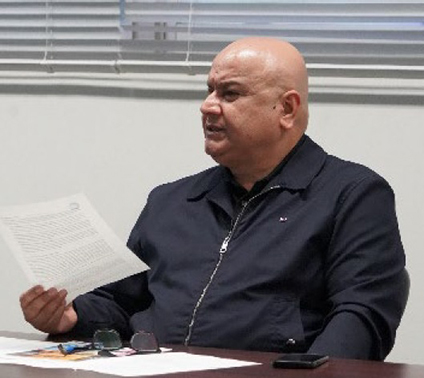 |
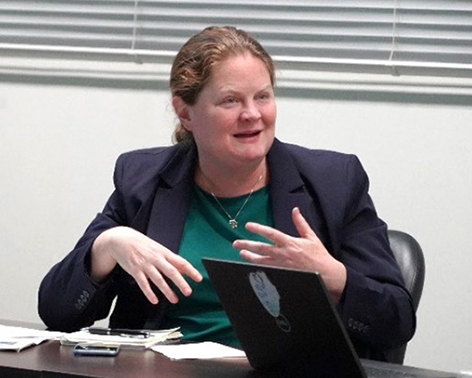 |
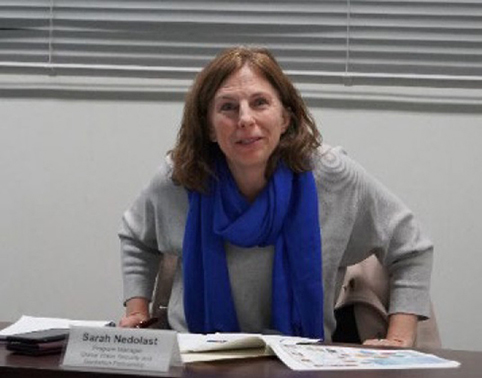 |
The meeting was held in two parts. In the first part, the visitors had discussions with Japanese experts including FUJITA Koichi, the president of the Public Works Research Institute (PWRI), KOIKE Toshio, the executive director of ICHARM, and KONAMI Takahiro, the head of the International Affairs Office of the River Planning Division, the Water and Disaster Management Bureau, the Ministry of Land, Infrastructure, Transport and Tourism. The ICHARM executive director began the meeting by outlining the research, project, and other activities of ICHARM, followed by the World Bank staff asking questions and speaking about related issues. The following are some of the points Mr. Jha mentioned in the meeting:
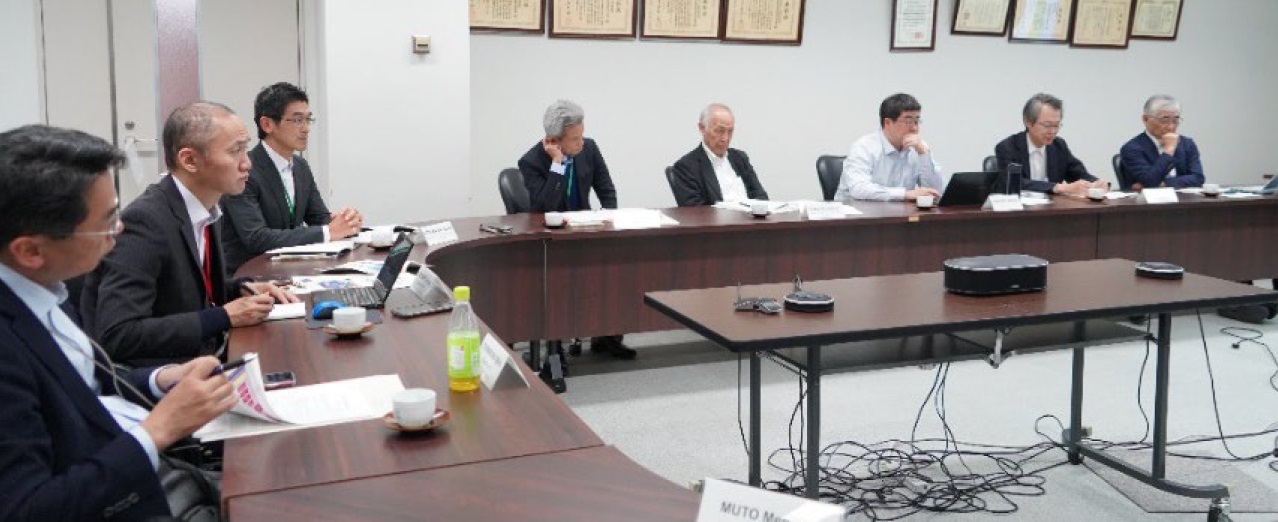 |
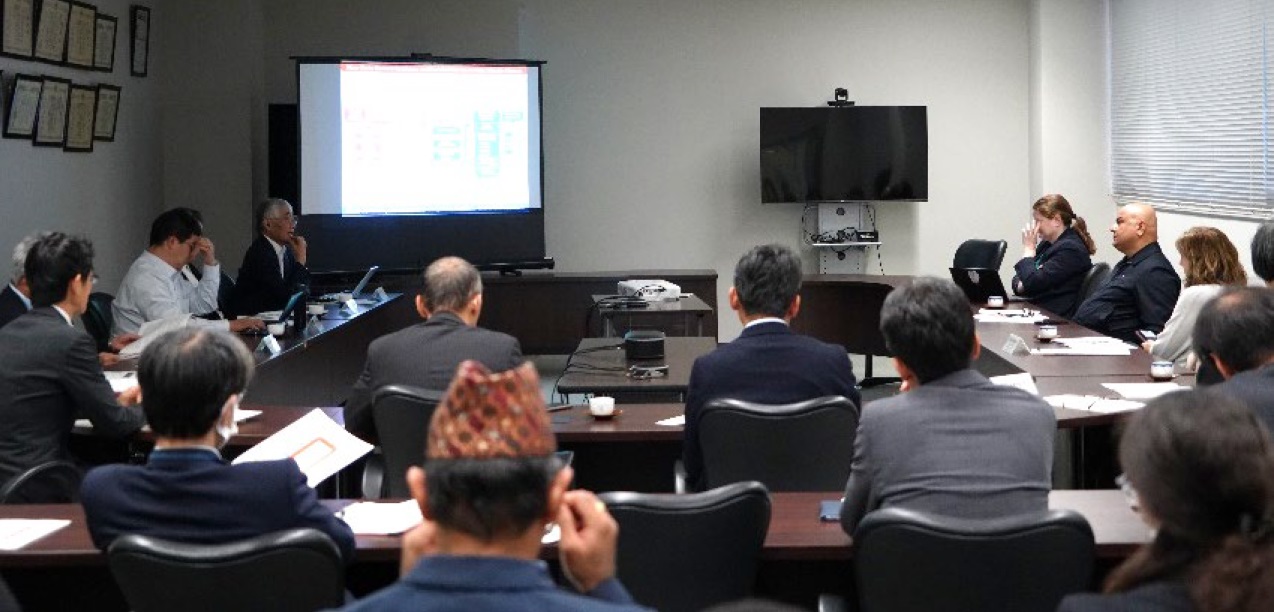 |
In response to Mr. Jha’s comments, agreeing that water is a crucial issue to most countries, Mr. Konami mentioned that close cooperation with the World Bank in this area can be an excellent opportunity for Japan. He said that it would demonstrate to the world that Japan is highly aware of the importance of water and help raise public awareness of the issue among Japanese people as well. PWRI President Fujita added another point. He said that Mr. Jha’s comments made him realize how deeply politics is involved in this issue besides technology. Pointing out the significance of considering both technological and political factors to solve water issues, he showed an interest in seeking possible solutions by investigating how these factors affect each other and should be dealt with to achieve the goals.
 |
In the second part of the meeting, the World Bank officials had discussions with 13 ICHARM master's students and 10 doctoral students. The students from Afghanistan, Morocco, Nepal, the Philippines, and Sri Lanka delivered presentations about their research projects while also mentioning their gratefulness for the support of the World Bank in their home countries. Mr. Jha kindly gave them some advice after each presentation.
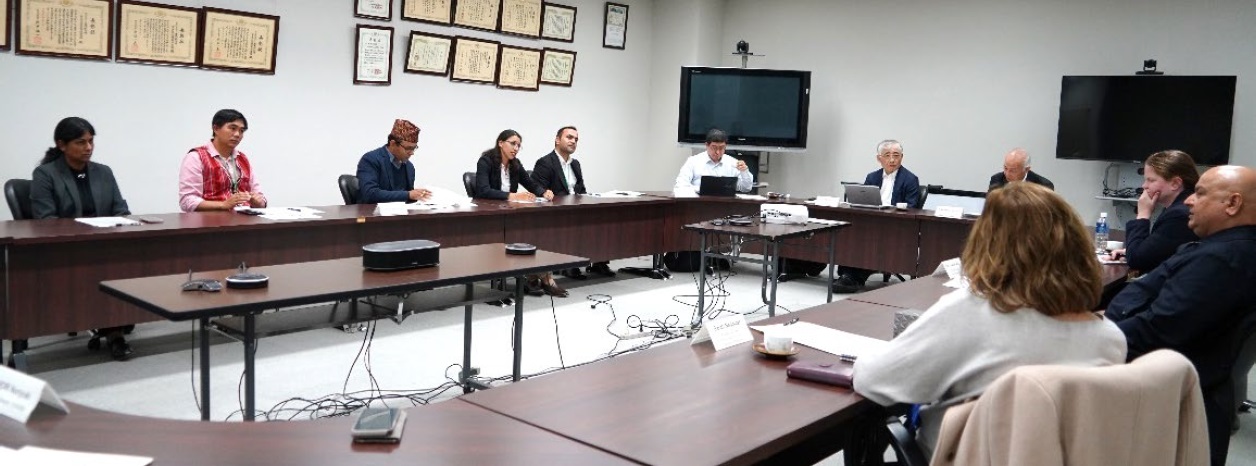 |
In particular, Mr. Bromand Mohammad Tayib (Afghanistan), a first-year doctoral student, first explained the current state of flood damage in his country, particularly the lack of engineers and data. Coincidentally, Mr. Jha, who has recently been involved in a water resources development project in Kabul. So he explained that problem is that there is little research related to hydrology in Afghanistan, which shares a basin with countries such as Iran and Pakistan. has been done. He encouraged them by saying, “The World Bank is your organization.''
He encouraged them by saying, "The World Bank is your organization."
 |